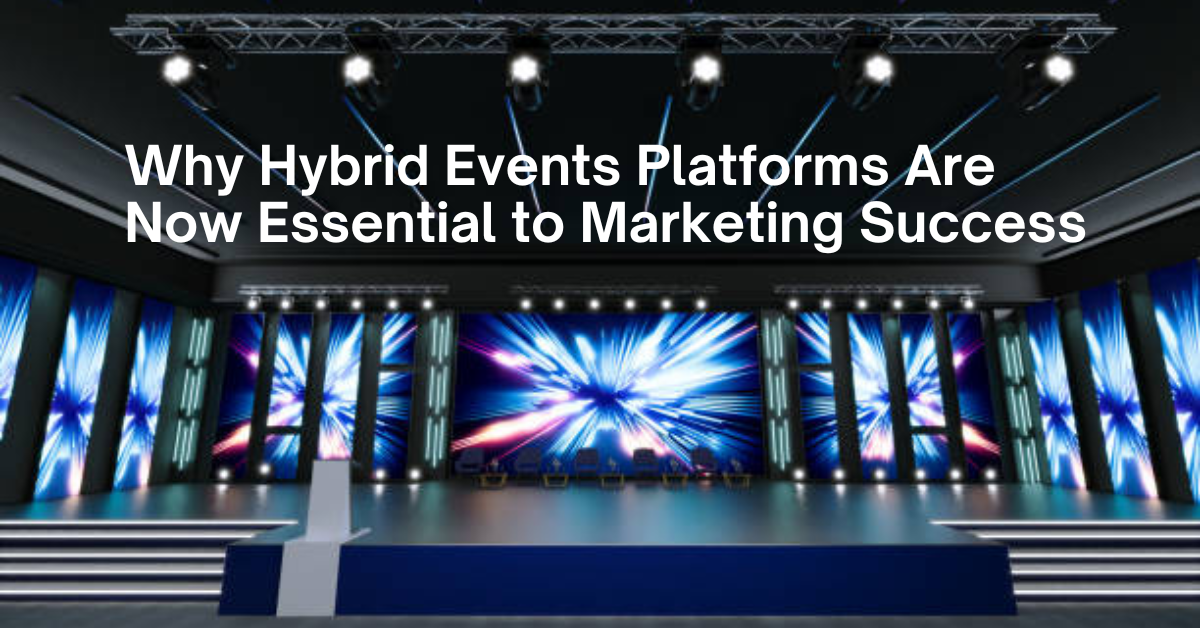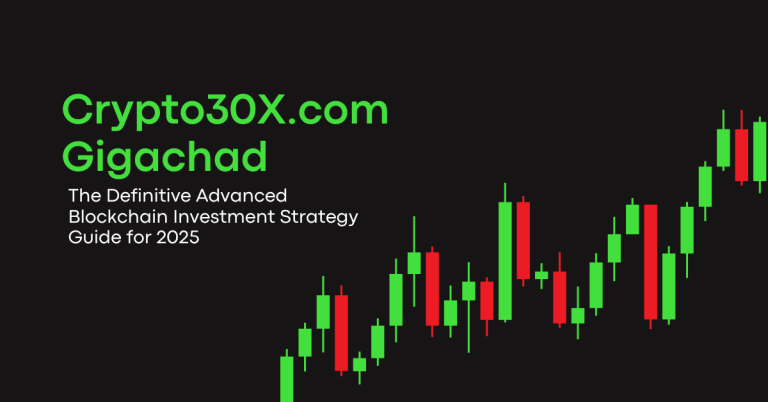Why Hybrid Events Platforms Are Now Essential to Marketing Success
The digital transformation of marketing has moved faster in the last few years than in the decade before. Today’s audiences no longer respond to traditional marketing methods alone. They demand real-time engagement, personalisation, and flexibility, traits best delivered through integrated physical and digital experiences. In this landscape, hybrid events have emerged as a critical tool, allowing brands to extend their reach, deepen engagement, and gain real-time insights.
To support these outcomes, marketers are increasingly relying on a dedicated hybrid events platform that enables seamless execution across both virtual and in-person settings. These platforms not only empower brands to produce consistent event experiences but also ensure measurable ROI through data-driven strategies.
A Shift in Audience Behaviour and Marketing Tactics
The pandemic may have accelerated the adoption of virtual events, but the hybrid model is proving to be far more than a stopgap. A report by Forrester found that over 63% of marketers plan to maintain or increase investment in hybrid events in 2025, citing higher audience turnout and improved lead conversion as key reasons.
Hybrid events allow marketers to accommodate global audiences, make participation more inclusive, and deliver content that lives beyond the event day. Whether it’s a product launch, customer summit, or educational webinar, the hybrid format offers unmatched flexibility.
Yet, pulling off a hybrid event is no small task. Marketers must now cater to two audiences, physical and digital, each with unique needs. This is where a reliable hybrid events platform becomes vital, acting as the bridge between onsite engagement and digital participation.
What Makes a Hybrid Events Platform Valuable?
Hybrid events require far more than a video link and a presentation deck. The ideal platform supports every stage of the event lifecycle, from planning and promotion to execution and analytics.
Key features that marketers should look for include:
- Unified content delivery across both live and virtual environments.
- Real-time audience interaction tools such as live polls, Q&A sessions, and chat functions.
- Integrated data tracking to analyse attendee behaviour and measure engagement.
- On-demand content hosting allows attendees to revisit sessions or catch up asynchronously.
- CRM and marketing automation integration to facilitate personalised follow-ups and nurture campaigns.
These capabilities empower marketing teams to build events that are not only immersive but also scalable and measurable.
Strategic Benefits for Marketing Teams
The power of a hybrid events platform lies in its ability to deliver measurable impact on brand awareness, lead generation, and customer engagement. Below are a few ways hybrid events are reshaping marketing strategy:
1. Expanded Reach and Accessibility
With physical limitations removed, marketers can engage a broader audience without sacrificing quality. Events can now include participants from multiple regions, time zones, and accessibility needs. This global exposure helps amplify the brand’s message and diversify its reach.
2. Personalised Experiences
Modern hybrid platforms use intelligent data to customise experiences for attendees. From dynamic agendas to targeted content recommendations, marketers can deliver more relevant interactions, increasing the chances of conversion.
3. Evergreen Content Opportunities
Sessions recorded during hybrid events can be repurposed into blog posts, case studies, product demos, or lead magnets. This extends the shelf-life of event content and supports ongoing content marketing efforts.
4. Data-Driven Decision Making
Platforms equipped with advanced analytics provide real-time insights into user engagement, content performance, and conversion metrics. This allows marketing teams to adapt quickly and improve future campaign effectiveness.
Key Use Cases in Marketing
Hybrid event strategies are being successfully deployed in a variety of marketing campaigns. Here are some typical scenarios where hybrid events platforms deliver significant value:
- Thought leadership forums featuring live keynotes and virtual panel discussions.
- Product demos and launches, blending physical excitement with global reach.
- Partner enablement sessions, hosted both onsite and virtually for better collaboration.
- Customer success events, offering scalable one-to-many education and support.
These applications show how the hybrid approach is not limited to large-scale events but can be tailored to suit different stages of the customer journey.
Case in Point: Event Efficiency Meets Engagement
A 2023 case study by MarketingProfs highlighted how a mid-sized B2B tech firm increased event attendance by 48% and lead conversion by 36% using a hybrid event format. The company employed personalised content tracks for virtual participants, live interactive features, and integrated analytics for follow-up campaigns. What’s more, over 70% of attendees accessed on-demand content in the two weeks following the event, demonstrating the ongoing value of hybrid engagement.
This kind of success is no longer rare. As platforms become more sophisticated, even SMEs can deliver enterprise-grade event experiences.
Future Trends to Watch
The hybrid events model continues to evolve alongside advancements in technology and user expectations. Here are some trends marketers should keep an eye on:
- AI-driven personalisation: Platforms are starting to leverage AI to recommend content, match attendees, and personalise journeys in real time.
- Gamification and immersive content: Adding game elements and 3D virtual environments keeps digital audiences engaged for longer.
- Hybrid networking tools: Matchmaking algorithms and virtual lounges are improving peer-to-peer engagement across both formats.
- Privacy and compliance: As data collection becomes more advanced, so too must the platform’s ability to maintain GDPR and CCPA compliance.
Keeping pace with these innovations will be crucial for maintaining a competitive edge in the marketing landscape.
Conclusion
Hybrid events are no longer a novelty but a strategic pillar of modern marketing. Businesses that invest in a dedicated hybrid events platform can tap into a richer, more dynamic form of engagement. These platforms make it easier to build meaningful connections, expand audience reach, and convert insights into results.
For marketers looking to stay agile, reduce event risk, and deliver value across channels, the hybrid approach is proving to be not just a viable option, but a smart one. As the line between online and offline continues to blur, now is the time to embrace the technology that brings both worlds together.







